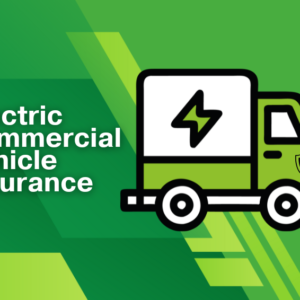Investing in real estate often conjures images of upfront capital, especially when considering a second home. However, the landscape of property investment is like a mosaic – multifaceted and filled with unique paths to success. One such path is buying a second home without a burdensome down payment.
The Role of a Home Equity Loan
A home equity loan functions akin to a secret passage in an ancient castle, providing a hidden yet valuable route. How does a home equity loan work? Essentially, it enables homeowners to borrow against the equity of their current home.
Equity is the portion of your home you truly own, calculated as the home’s value minus any outstanding mortgage balance. This loan type can be a strategic move to finance a second property, as it often comes with lower interest rates compared to other types of loans.
By tapping into this equity, you unlock the potential to fund your second home’s purchase without a traditional down payment.
Exploring Government-Backed Options
VA Loans: A Tribute to Service
For veterans and active service members, VA loans present a noble opportunity. These loans, guaranteed by the Department of Veterans Affairs, often require no down payment.
Imagine a fortress that guards its treasures but opens its doors to heroes; this is what a VA loan offers to our servicemen and women. While primarily used for primary residences, certain circumstances allow for purchasing a second home with a VA loan, especially if the first home is no longer the primary residence.
USDA Loans: Beyond the Rural Horizon
Similarly, USDA loans, backed by the U.S. Department of Agriculture, are often associated with rural property purchases but can be used more broadly.
Think of USDA loans as a bridge over a river, connecting the shores of urban life to the tranquility of rural settings. With no down payment required, these loans can be a viable option for your second home, especially if it’s in an eligible rural or suburban area.
Creative Financing Strategies
Seller Financing: A Mutual Dance
Envision a scenario where you and the seller of your desired property perform a tango, moving in sync towards a mutually beneficial arrangement. This is the essence of seller financing.
In this arrangement, the seller acts as the lender, allowing you to make payments directly to them over time. This option can eliminate the need for a traditional down payment, though it requires a seller willing to engage in this less traditional method of sale.
Lease-to-Own: Planting Seeds for Future Ownership
Consider the lease-to-own option as planting a garden. You start by leasing the property, nurturing it over time, with an option to buy it later.
This pathway allows you to build equity in the home through lease payments, part of which can go towards the future purchase, reducing or eliminating the need for a separate down payment.
Navigating Challenges and Considerations
Understanding the Risks
Venturing into real estate with minimal upfront investment is like navigating a ship through uncharted waters. It’s crucial to be aware of the potential risks, such as over-leveraging oneself.
Over-leveraging occurs when you take on more debt than you can handle, a situation akin to a ship taking on too much cargo and risking a sink.
Ensure you have a solid plan for managing your debts and understand the full implications of using loans or creative financing.
Tax Implications and Long-Term Strategy
Navigating the tax landscape with a second home can be as intricate as a labyrinth. Tax laws regarding second homes and rental properties vary, and it’s essential to understand these nuances.
Consulting with a tax professional can provide a map through this labyrinth, ensuring you make the most of your investment while adhering to tax regulations.
Conclusion
Buying a second home without a down payment is not just a dream; it’s a tangible reality with the right strategy and tools. Whether you leverage your existing home equity, explore government-backed loans, engage in creative financing, or a combination of these, the key is to navigate this journey with knowledge and caution. By doing so, you open the doors to not just a second home, but a new realm of financial possibilities.






